6 foods that aren’t as healthy as you may think
These foods can be deceptively full of saturated fat and added sugars.
Updated on June 16, 2025
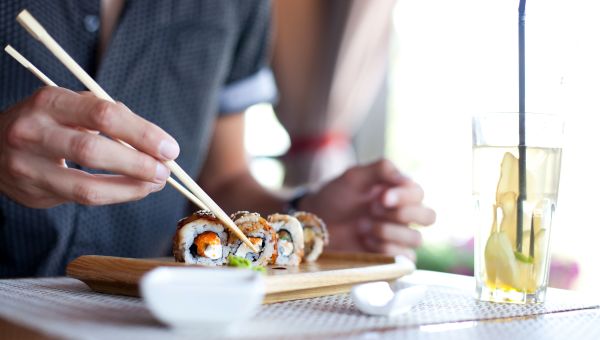
Clever marketing, celebrity endorsements, and social media trendiness can make it easy to think certain foods are healthy. But it’s important to learn how nutritious (or not!) they really are. If you train yourself to read labels more carefully, you can spot the imposters before you even toss them into your shopping cart.
Learn which so-called healthy foods may be deceiving you—and how to kick up their nutritional value.
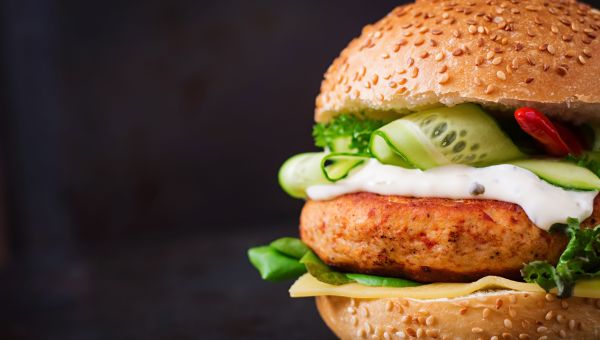
Ground Turkey
Ground turkey is widely regarded as a healthy swap for ground beef in dishes like hamburgers and meatloaf. But some ground turkey contains fatty dark meat and skin along with white meat. That means certain types of ground beef—especially sirloin—may contain less saturated fat than ground turkey. Eating too much saturated fat can raise the risk of heart disease.
Be sure to read meat labels closely and opt for products that are at least 93 percent lean. Ground turkey breast will have about 1/2 gram of saturated fat; any meat with more than 1/2 gram might include dark meat.
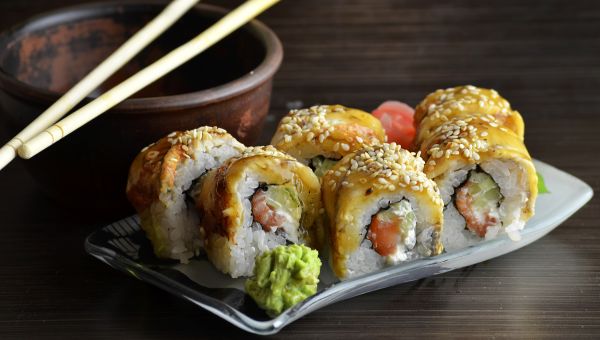
Sushi
Fresh seafood and rice may seem healthy, but sushi rolls are often made with sauces and ingredients—such as cream cheese and tempura—that can be high in saturated fat, excess sodium, and added sugar.
To enjoy sushi in a healthier way:
- Stick to simple rolls with fresh fish and vegetables whenever possible.
- Ask for brown rice instead of white.
- Avoid deep-fried rolls and rolls that contain tempura or cream cheese.
- Skip mayo-based sauces and use a reduced-sodium soy sauce.

Couscous
Just because couscous is found on the same grocery shelf as quinoa doesn't mean it’s similarly nutritious. Quinoa is a whole grain, and a good source of fiber and protein. Couscous, on the other hand, is a type of white pasta, lacking vitamins, minerals, and other necessary nutrients.
If you're really craving that couscous consistency, try a whole-grain version. Serve it as part of a salad, loaded with veggies and protein-packed chickpeas. Or swap it out for another whole grain such as amaranth, farro, barley, or bulgur.
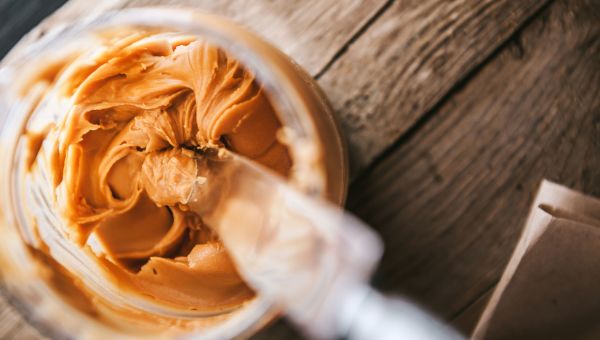
Nut Butters
Nuts are full of healthy monounsaturated fats and fiber. So are nut butters—but many also contain ingredients like palm oil, vegetable oil, and added sugar, too much of which can contribute to heart disease risk. Check out the ingredient list on the jar next time you’re shopping for nut butter; it shouldn’t contain much more than two or three ingredients in total.
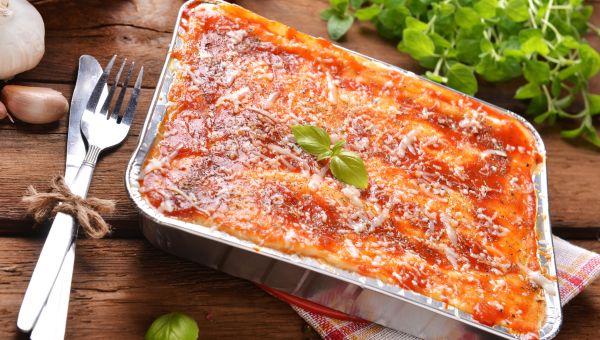
Frozen Diet Dinners
Though ready-in-minutes meals sometimes have low calorie counts and deceptive, “healthy” names, many don’t have much nutritional value. They often lack produce and whole grains, and are instead made from processed foods full of salt, additives, and preservatives.
So, pass on frozen dinners and opt to eat a home-cooked meal. For a real, healthy frozen meal, double your favorite recipe and stash half in the freezer for the future.
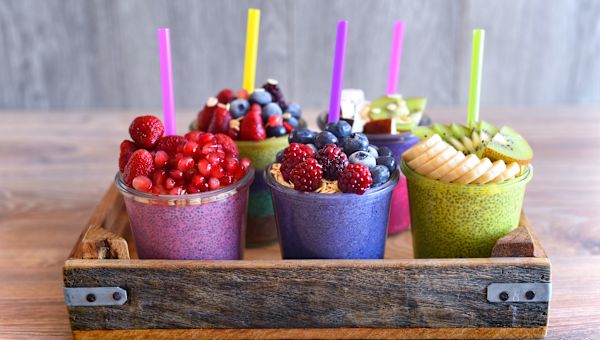
Smoothies and Juices
One issue that often prevents smoothies from achieving their potential as a healthy food? Portion size. Many of us tend to opt for super-sized beverages instead of drinking in moderation. And if those smoothies include syrups, ice cream or frozen yogurt, or juices, the added sugars and saturated fats can quickly add up.
When you’re ordering or making a smoothie, keep them simple. Use water or low-fat dairy or plant-based milk as a base, include lots of fresh fruits and veggies, and add some protein like Greek yogurt or nut butter to keep you full.

Ground Turkey vs. Ground Beef: Healthiest Meat. Unity Point Health. Accessed June 13, 2025.
Mayo Clinic. Dietary fat: Know which to choose. February 15, 2023.
Academy of Nutrition and Dietetics. Sushi Basics. April 22, 2024.
Johns Hopkins Medicine. Barley, Farro, Sorghum and More: 9 Whole Grains to Try. Accessed June 13, 2025.
Mayo Clinic. Nuts and your heart: Eating nuts for heart health. November 15, 2023.
Johns Hopkins Medicine. How to Make a Healthy Smoothie. Accessed June 13, 2025.
More On


video
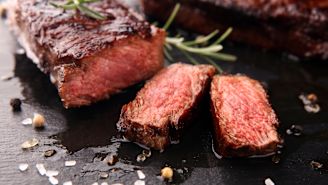
article

slideshow


video


video
